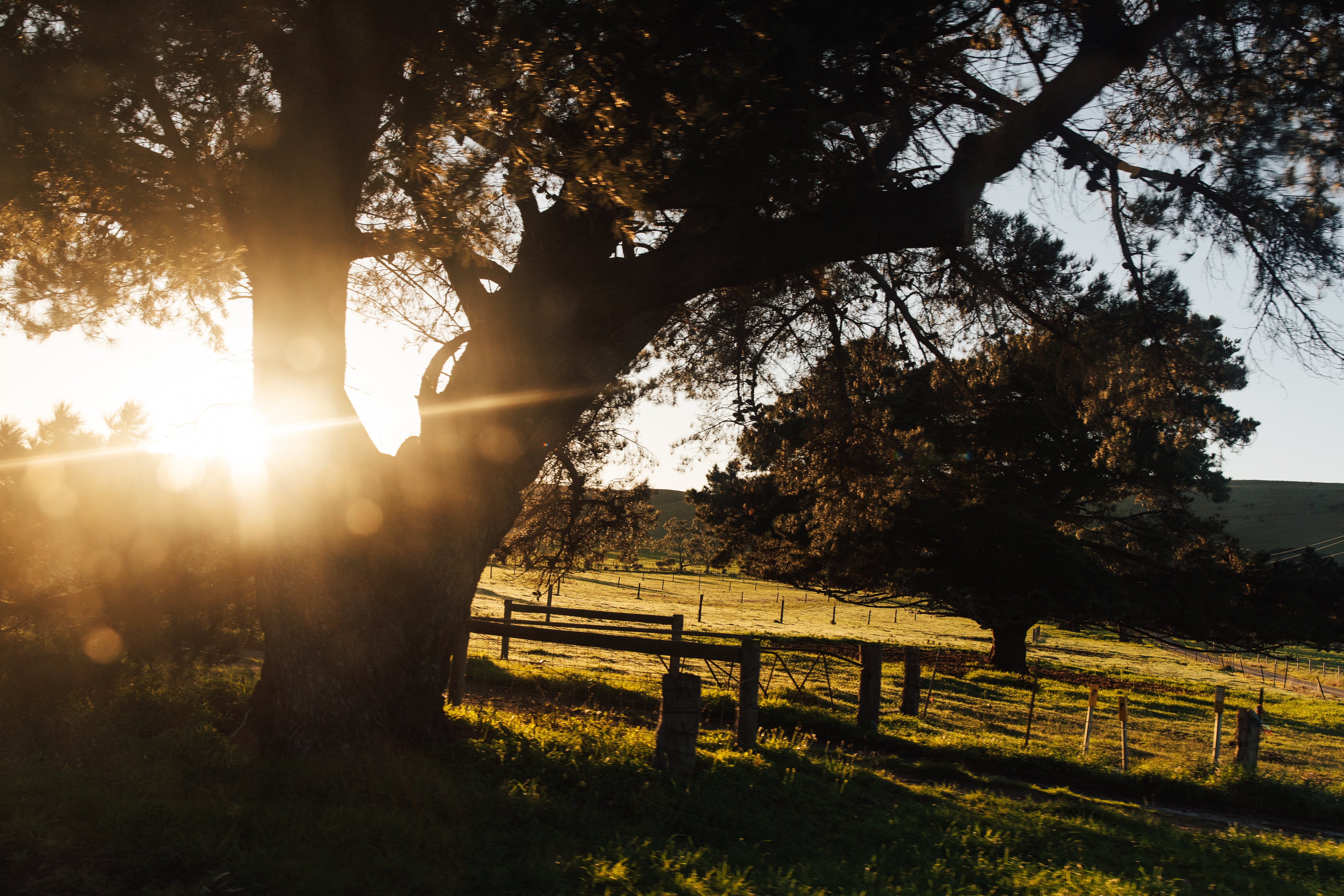
Livestock SA fracking submission outlines risk to industry
Livestock SA is calling for a halt to further mining developments using hydraulic fracturing, or ‘fracking’, arguing that mining companies should not be permitted to experiment with the relatively new process on agricultural land.
The views are outlined in Livestock SA’s submission to the Inquiry into Unconventional Gas(Fracking) by the South Australian Parliament’s Natural Resources Committee.
Livestock SA vice‐president Jack England welcomed the inquiry and the opportunity it presented for the SA Parliament to gain true, independent advice on all the risks that could be faced by the South East community and primary producers.
Livestock SA concerns were focused in four key areas – potential for underground water contamination, the relatively new and untested nature of fracking technology, land access and potential for conflict with livestock production.
Potential for water contamination
Mr England says the South East has been built on its pristine underground water resources – it is the drinking water source for all towns in the prescribed Lower Limestone Coast Water Allocation Plan area and the key to the livestock industry’s profitability.
“Livestock SA opposes any industrial development if there are known, unquantifiable risks to a significant water resource that underpins some of the State’s most valuable agricultural land,” he said.
“The risks of gas well leakage or failure are made worse by the interconnectivity of aquifers in the SE. Research has found there is significant vertical movement of water between aquifers and so any contamination is not likely to be contained to one aquifer. Fracking in the SE would see many layers of hyper‐saline aquitard drilled through, along with potential release of radioactive isotopes and mobilisation of contaminants in the rock strata.
“Despite the low risks quoted by the resources industry, accidents occur within all industries – and it is too late once contamination has occurred.”
Untested technology
Mr England says the combination of multiple drill holes per well pad, slick water, horizontal drilling, and high volume and high pressure fracture stimulation which has been practised since 2007 is still in its infancy.
“Short‐term gas well extraction life cycles of 15 to 30 years should not outweigh risking centuries of guaranteed high quality and high volume agricultural produce from this region,” he said.
“Gas well integrity and cement lifetime at a US shale basin is being questioned. This type of uncertainty in the technology must be addressed by the inquiry, particularly given the SE’s history of geothermal and volcanic activity which could provide conditions conducive to rapid cement failure.
“Since this methodology is yet to be adequately assessed in South Australia despite recently being commissioned within the Cooper Basin, Livestock SA would like to see more time and testing to assess impacts on the Cooper Basin.
“This issue may be a legacy for South East farmers, local residents and government to resolve 20 to 50 years in the future, once the gas companies have long departed and are not even required by current legislation to ameliorate any damage caused. Gas resources will still be present in decades to come at which point we will have had time to reassess the technology’s viability via the impact shale gas extraction has had worldwide.”
Land access
Land access issues are more prevalent in the SE due to livestock density and intensive grazing practices. Disease spread from the movement of vehicles between properties can have far greater impacts both spatially and in intensity.
There is potential for damage to vegetation and soil structure with vast movements between wells during the establishment phase, not to mention the intolerable inconvenience to producers if pipes were laid directly across paddocks.
Conflict with livestock production
Mr England says regardless of regulatory measures, fracking presents a clear risk to agricultural production in the South East, which contributes $3 billion a year to the state’s gross domestic product